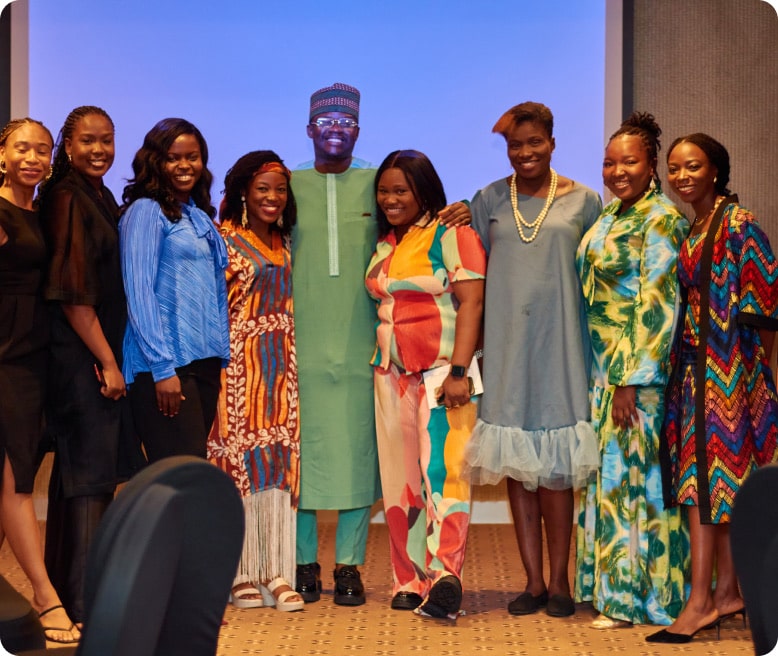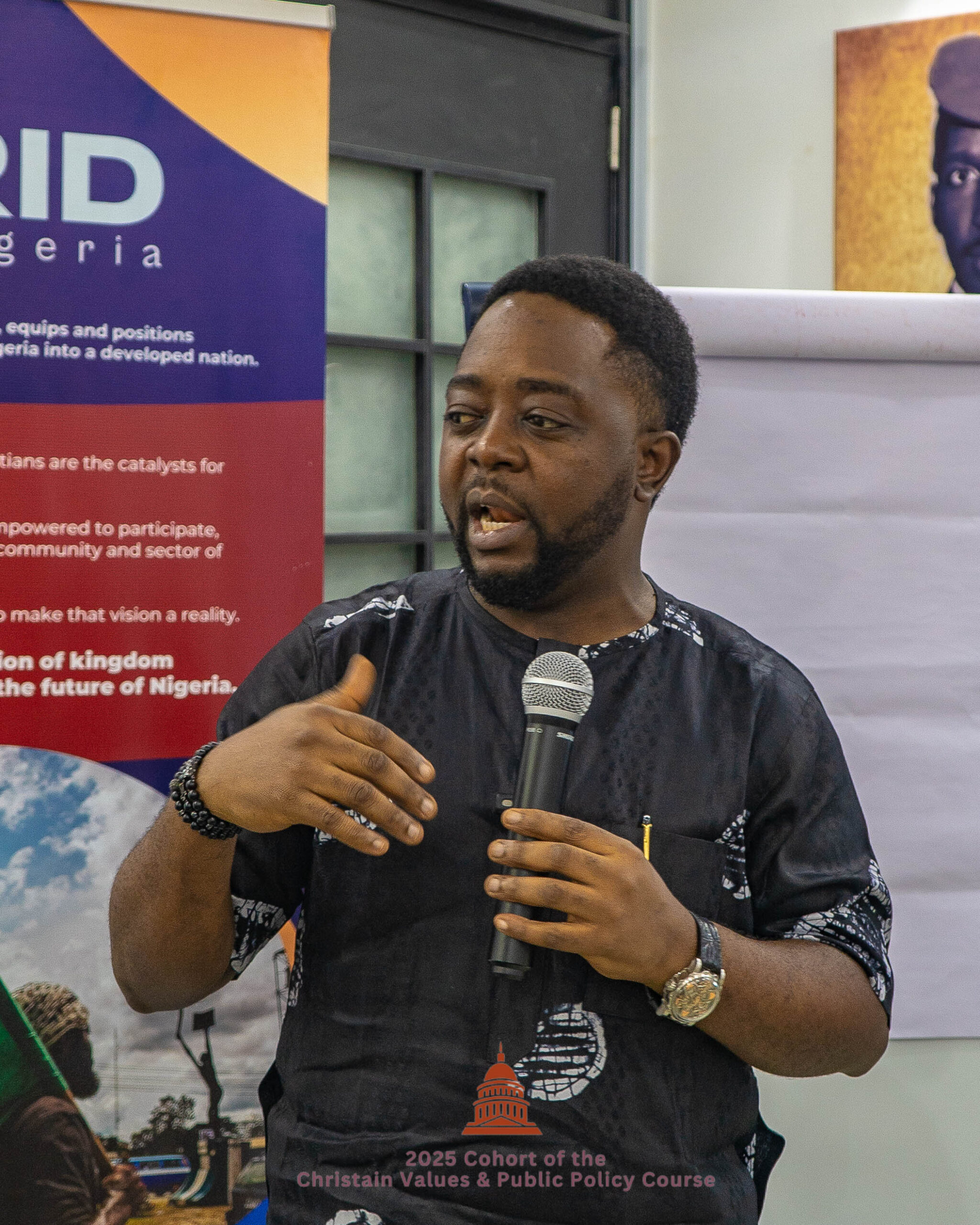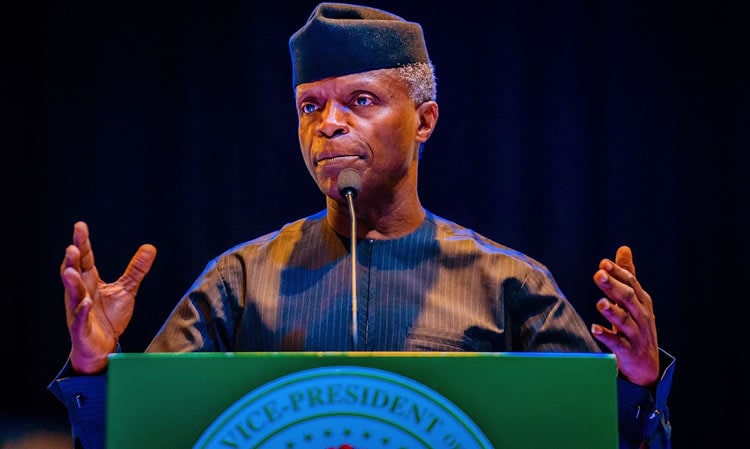Introduction:
Christianity, often seen solely through the lens of spirituality, has been a profound force in shaping global development. Just as natural resources and technology have propelled progress, Christianity has served as a catalyst for transformation across cultures and civilizations. Join us on a journey through history as we uncover the pivotal role of the Church in driving social, economic, and political advancement worldwide.
Christianity as Engines of Progress
Did you know that Christianity, just like Natural resources, Education, Technology, and good governance
has been a major factor of development and catalyst for change across the world?
Let us journey through history.
In the 40BC, the Roman Empire was riddled with moral decay and social injustice. It was a wicked and violent civilization, riven by intolerance and violence, racial animosity, oppression, religious intolerance and sexual exploitation.
Historical accounts from figures like Tacitus mention the increasing materialism, corruption, and political instability during the later Republic and early Empire.
Slavery was prevalent, creating a rigid social hierarchy with limited opportunities for the lower classes.
Women were not considered full Roman citizens. They couldn’t vote, hold public office, initiate legal proceedings, or have an identity outside their fathers or husbands.
Both slaves and women faced significant barriers to advancement within Roman society.
Christianity emerges as a transformative agent, transcending just spiritual doctrine to influence societal norms and values. From its inception, Christianity challenged the status quo, advocating for justice, peace, and community spirit. The conversion of the Roman Empire stands as a testament to Christianity’s power to reshape societies, replacing violence and oppression with principles of human dignity and societal harmony. Ushering in an era of societal reform, redirecting the course of history towards principles of human dignity, fairness, and judicial justice.
It was a revolution of the soul and society that redirected the course of history.
Fast-forward to a few centuries later. Christianity had taken root and shaped the entire Western culture. Jesus’ teachings, as recorded across the New Testament, emphasise principles such as love for one’s neighbor, forgiveness, and reconciliation. Early Christians actively sought to address social injustices such as poverty, exploitation, and discrimination, advocating for the fair treatment of all individuals regardless of social status or ethnicity. This contributed to the development of human rights doctrines and democratic ideals and laid the foundation for many of the principles we uphold in the society today.
It served as the driving force in abolishing slavery, supporting the civil rights movement, and advocating for women’s rights.
The subchapters that follow highlights some key areas where Christianity’s influence shaped Western civilisation.
The echoes of Christianity’s influence can be heard here, in our beloved country Nigeria. Recall the missionaries? Their influence extended beyond religious texts, introducing mordern education, healthcare, and other technologies like the printing press, among others, which all led the foundation for development in the 1840s and beyond.
While religious conversion remained a core objective, the arrival of missionaries in Nigeria marked the beginning of a transformative era.
In education for instance, missionaries established schools, providing access to Western education providing global standard infrastructure and learning at no cost to both Christians, Muslims and traditional worshiping children. Many of the pupils, according to documented history, boasts of getting free uniforms, books and the kind of exotic meals they never get to have at home on a daily basis.
This boosted human capital development and produced professionals across sectors. These schools provided the foundation for the modern Nigerian education system.
In healthcare, missionaries established hospitals and clinics, offering Western medical practices and alleviating the burden of prevalent diseases.
They introduced Vaccinations, Combating infectious diseases like smallpox, measles, and yellow fever. They Improved sanitation and hygiene practices, lowering the risk of waterborne diseases and infections. Provided Basic medical treatment, providing care for common illnesses and injuries.
Established medical facilities, setting up hospitals and clinics in remote areas where access to healthcare was previously limited.
The missionaries advocated for social reforms, challenging harmful practices like child marriage, human trafficking, twins killing, slavery, among others.
Mary Slessor’s legacy of unwavering commitment to fighting child slavery, twins killing and advocating for the well-being of children in Calabar is one of many examples.
Centuries before Mary Slessor’s arrival in the late 19th century, twin killings and child enslavement was the norm in Calabar and environs. The practice stemmed from a deep-rooted superstitions. Twins, particularly identical ones, were often seen as symbols of bad luck. The belief stemmed from the unfamiliarity of multiple births and a lack of scientific understanding.
Some communities believed that appeasing the gods or ancestors required sacrificing one or both twins.
This fear led to the abandonment of the children, exposure, or even killing of these children.
Mary Slessor, a Scottish missionary, dedicated her life to serving the people of Calabar (present-day southeastern Nigeria). Her relentless efforts became instrumental in combating the horrific practice of child slavery and improving the lives of the local population.
Witnessing the widespread abandonment and abuse of children, Slessor established an orphanage at her mission compound, providing shelter, food, and care for these vulnerable children.
She Challenged the local customs and openly condemned the practice of abandoning twins and campaigned against the deeply ingrained superstitious beliefs that fueled child slavery.
She went on to advocate, tirelessly lobbing colonial authorities and mission officials to enforce existing laws against slavery and advocate for the protection of children.
Her efforts directly saved countless children from a life of servitude and potential death. She brought international attention to the atrocities of child slavery in Calabar, pressuring the British government to take action. Her work gradually challenged the local acceptance of these practices, laying the groundwork for a more humane approach towards children.
Till date, Slessor’s courage and dedication continue to inspire individuals working towards child protection and social justice across the globe.
Today, as we navigate Nigeria’s cultural, political and economic dilemma, we should stand on the shoulders of those early Christians. Their legacy isn’t just about saving souls (even though it is the ultimate); it is also about shaping culture, wielding political power, and transforming nations.
My brothers & Sisters in Christ, Let us get involved beyond just praying and Voting!
The Birthing of Modern Secularism by the Church
It might shock you to realise that Christianity played the major role in birthing modern secularism?
I mean many ideals we call secular today was created largely by Christians.
From science to entertainment, technology to education, and even government structures, the influence of Christian principles is profound, leading us towards a secularised society.
Yet, a question lingers. Why distance ourselves from secularism, a creation we played a significant part in?
The early Christian emphasis on reason and logic, alongside faith, sparked intellectual curiosity and critical thinking. This led to the establishment of universities, encouraging scientific and technological advancements.
However, in Nigeria, it seems prayers have overshadowed innovation. Prayers should be a starting point, not an end. They should inspire strategic development and targeted actions.
Christianity’s emphasis on equality, regardless of religion or ideology, helped church elders, in the west create governments that represent all citizens and led to social reforms, which more than 90% of the world have copied.
It also propelled advancements in education, aiming to cultivate the potential within each person.
For Nigerian Christians, the call to action is clear: Contribute to the advancement of science and technology. Invest in research and development through our church-owned Universities. Foster civic engagement. Promote social entrepreneurship. Innovate disruptive echnologies. By engaging in these pursuits, we can continue the legacy of innovation that sprang from our faith.”
Establishment of Foremost Universities
Throughout history, the Church has played a pivotal role in the establishment of institutions of higher learning.
Case in point:
University of Paris (1150): Established by the Catholic Church, it became a leading center for theology and philosophy, attracting scholars from across Europe. Its Scientists have made groundbreaking discoveries in physics and chemistry. The university boasts a distinguished alumni list, including Nobel Prize winners, heads of state, and renowned figures in various fields of human achievement.
University of Cambridge (1209): Founded by the Bishop of Ely, it remains a prestigious center for academic research. They have Pioneered research and made Scientific Discoveries such as structure of DNA, Development of the first (IVF) baby, research leading to the polio vaccine, Pioneering work in the development of the computer, artificial intelligence, and the World Wide Web, Research addressing global challenges like climate change, poverty alleviation, and sustainable development.
* Harvard University (1636): Established by Puritan clergy in the Massachusetts Bay Colony, it was initially intended to train ministers but eventually evolved into a leading research university.
Groundbreaking research such as, in engineering (materials science, robotics), and in economics (most of the influential economic theories), Addressing issues like public health, education, and social justice through research and community engagement, in Global Leadership: Preparing future leaders through education and research, the University has produced eight US presidents and thousand other global dignitaries.
* Yale University (1701): Founded by Congregationalist ministers, it aimed to educate clergy and citizens for public service.
Leading research in fields like genetics, neuroscience, and environmental science,Establishing the first public health school in the US, contributions to developing antibiotics and vaccines, Leading research institutions for literature, law, and the arts, contributing to cultural discourse and artistic expression.
These are mere glimpses of the Church’s contribution to the foundation of education and its use as a tool to develop the world.
Church-owned universities in Nigeria have the potential to become powerhouses for positive change by emulating these universities. By prioritizing research and development, these institutions can tackle critical challenges facing Nigerian society, from healthcare and education disparities, governance and insecurity, to environmental sustainability and economic development.




